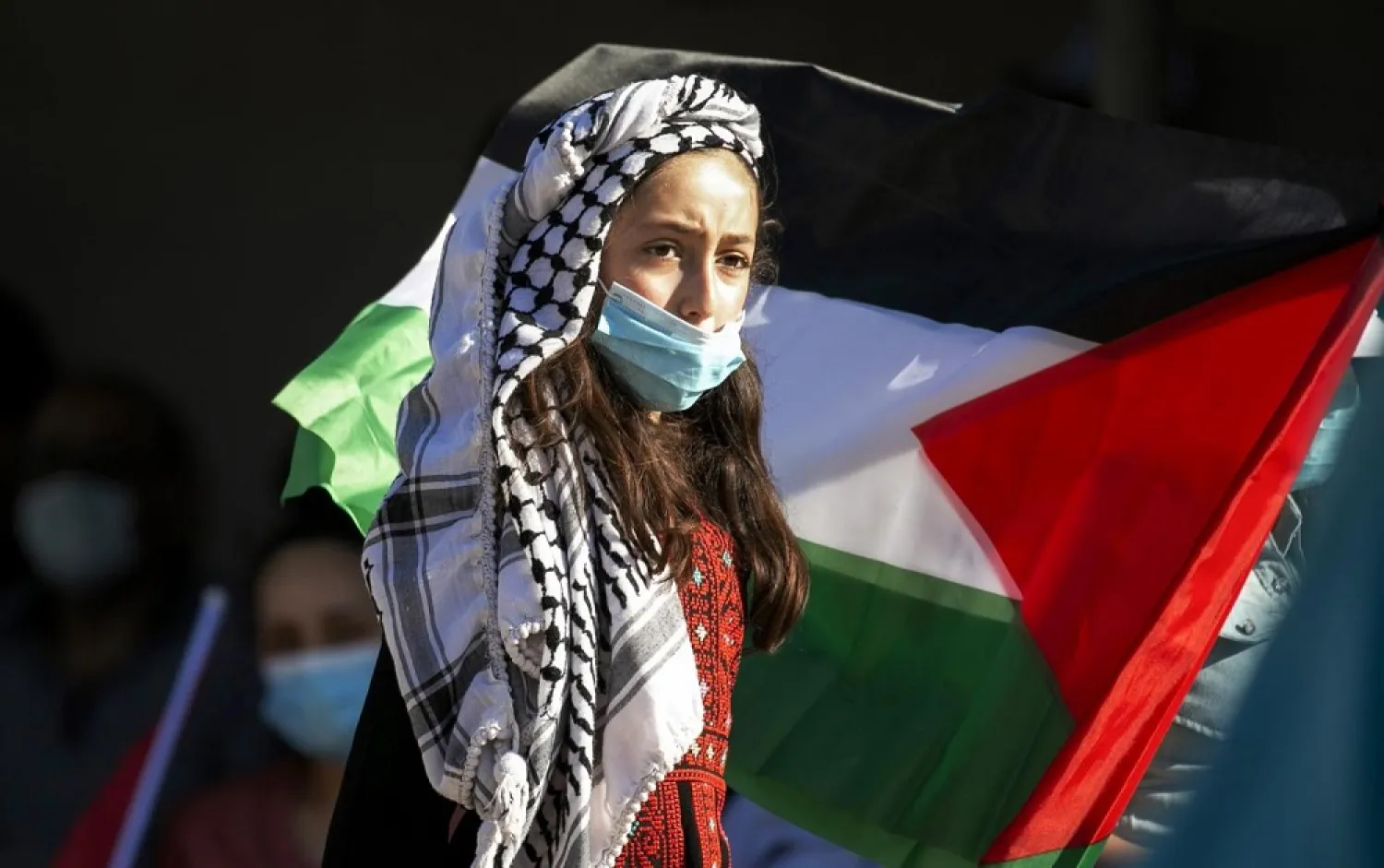The international community is demanded to adopt a sanctions, boycott and isolation mechanism against Israel, in order to protect peace, security and stability, announced Palestinian Foreign Minister, Riyad al-Maliki.
Speaking at the ninth session of the Ministerial Meeting of the China-Arab States Cooperation Forum (CASCF) via video conference, Maliki said that Israel must realize that its violation of international law will not go on without practical responses.
The session was co-chaired by Jordanian Foreign Minister Ayman Safadi and Chinese Foreign Minister and State Councilor Wang Yi, and attended by foreign ministers of Arab League member states.
Maliki accused Israel of exploiting the world's preoccupation with the coronavirus pandemic to announce its "racist colonial plans" to seize more Palestinian land by force and annex them to so-called "Israeli sovereignty."
He described it as a "flagrant violation" of the international law, international resolutions, the United Nations Charter and agreements that regulate international relations and those concerning the Palestinian cause and Arab-Israeli conflict.
He also accused the current US administration of supporting illegal Israeli annexation plans.
The FM said the important issue today is preventing the annexation and ending the occupation. He questioned whether the international political and legal stances are enough to deter Israel from implementing its plans to annex over 30 percent of the Palestinian territory occupied in 1967.
The Palestinian Authority is calling for a United Nations General Assembly session to announce the formation of an international coalition against the annexation and holding Israel accountable.
The Palestinians are trying to form a unified Arab and international position, including setting up a practical mechanism to impose sanctions if Israel goes ahead with the annexation, and threatening to review treaties signed with Tel Aviv.
The current Palestinian pressure does not eliminate the resumption of negotiations, and Maliki said the Palestinian leadership and its people are committed to a just and comprehensive peace.
He stressed the leadership’s willingness to return to negotiations on the foundations established by international legitimacy within a multilateral framework, according to an international conference called in the event the annexation was canceled. He said it aims for a peace agreement that ends Israeli occupation.









